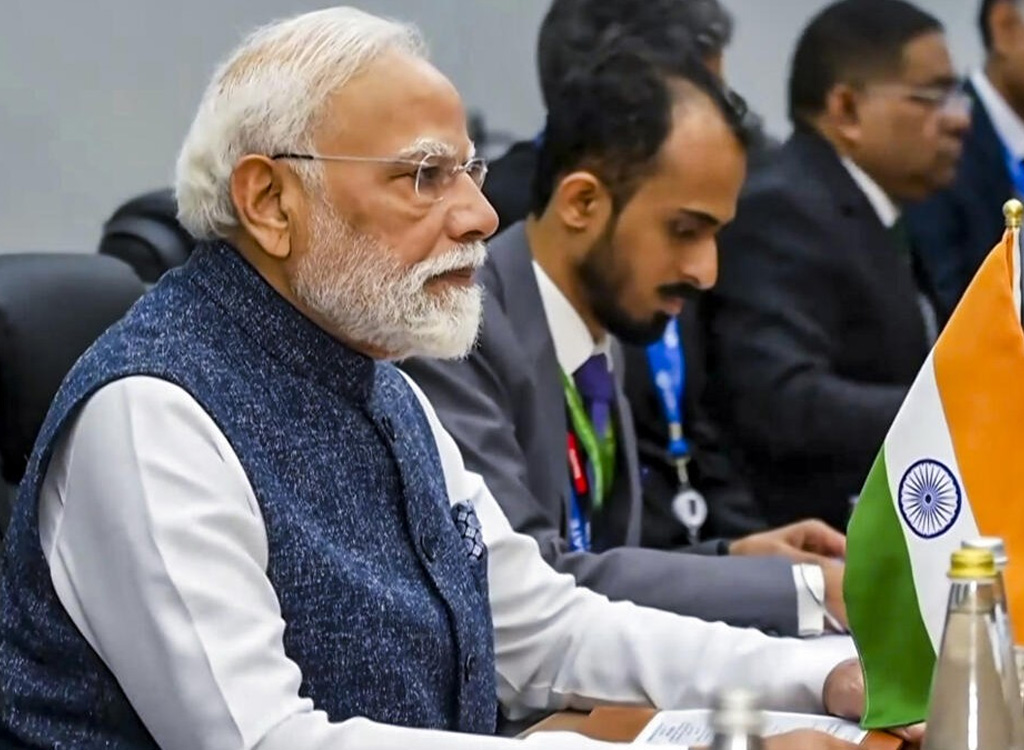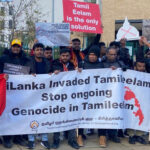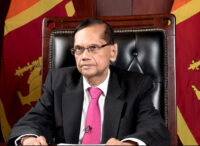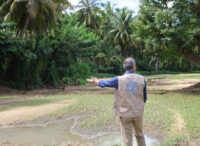Prime Minister Narendra Modi on Sunday made a strong appeal for reforms in the UN Security Council and urged that the India-Brazil-South Africa (IBSA) grouping should send a clear message that changes to global governance institutions are no longer optional but a pressing necessity.
Speaking at the IBSA leaders’ summit on the sidelines on the G20 summit in Johannesburg, Modi underscored the role of the grouping in projecting unity and cooperation at a time when the world appears increasingly fragmented.
“First, we all agree that global institutions do not reflect the realities of the 21st century. None of us is a permanent member of the UN Security Council. This clearly demonstrates that global institutions no longer represent today’s world. Therefore, IBSA must send a unified message to the world: institutional reform is not an option but a prerogative,” Modi said.
“At a time when the world appears fragmented and divided, IBSA can provide a message of unity, cooperation, and humanity,” Modi added, addressing South African President Cyril Ramaphosa and Brazil’s President Luiz Inácio Lula da Silva.
He called for institutionalising NSA-level meetings within IBSA to strengthen security coordination among the three countries in the fight against terrorism. “There is no place for any double standards on such a serious issue,” he added.
Modi also highlighted the potential of technology in fostering human-centric development. He proposed an IBSA Digital Innovation Alliance to facilitate the exchange of digital public infrastructure, including India’s Unified Payments Interface, health platforms such as CoWIN, cybersecurity frameworks, and women-led technology initiatives. The alliance aims to help member countries leverage digital innovation to drive inclusive growth while strengthening collaboration on emerging technologies.











Leave a comment